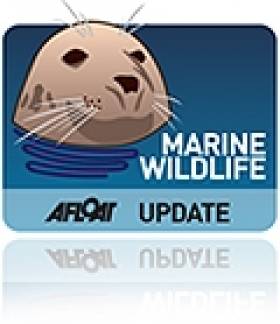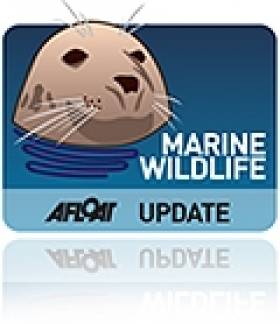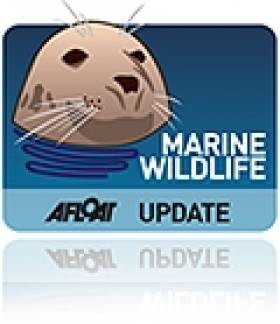Displaying items by tag: Galley Head
Look for a surefire cure for seasickness, and no better person to ask than someone who worked on a lightship off the Irish coast.
Lightship duty was both tough and boring, highly dangerous during wartime, and particularly hard on the stomach, as Gerald Butler of West Cork’s Galley Head lighthouse remembers.
His father and grandfather did that arduous duty on rolling stationary decks during their time with the Commissioners of Irish Lights, and his father told him how to get your sea legs.
That and other memories were recalled by Butler during a recent visit by Wavelengths to Galley Head light where he hosts visitors to its two cottages – once his family home – which have been beautifully restored by the Irish Landmark Trust.
Overnight stays in lighthouse cottages around the Irish coast have shot up by 60 per cent since 2019, and lighthouse tourism attracted 622,000 people last year, according to recently published figures by the Great Lighthouses of Ireland partnership.
More details on the Irish Landmark Trust lighthouse stays – where there is no Wifi and no television in keeping with the way keepers lived – can be found here
Another Humpback Whale Sighting - This Time in Northern Ireland
#MARINE WILDLIFE - The Irish Whale and Dolphin Group (IWDG) has confirmed a new humpback whale sighting, this time in Northern Ireland.
According to the IWDG, this is the third consecutive year that a humpback whale has been spotted in Northern Irish waters, with this sighting being only the fourth ever validated record for the species in the North.
IWDG sightings co-ordinator Pádraig Whooley described it as "an important development [that] highlights a trend towards increased sightings of this large baleen whale species in Irish waters."
He also remarked on the "unusual" location of the sighting in the fast-running waters of the Strangford Narrows at the Ards Peninsula.
The discovery comes just a week after confirmed sighting of two humpback whales at the opposite end of the island of Ireland, off Galley Head in West Cork, as previously reported on Afloat.ie.
Humpback Whale Sightings in West Cork Confirmed
#MARINE WILDLIFE - This past weekend saw confirmation that two humpback whales have made an unseasonal visit to Irish waters.
As previously noted on Afloat.ie, the Irish Whale and Dolphin Group (IWDG) had received reports of a sighting of the large cetaceans by birdwatchers off Galley Head in West Cork - an event described as "unusual" by sightings co-ordinator Pádraig Whooley.
But as the Irish Independent reports, those sightings have now been confirmed after IWDG members spotted the humpback pair near The Stags at Castlehaven harbour.
The team was able to get close enough to collect skin samples as well as photo identification, which confirmed that one of the duo is completely new to these waters.
Whooley commented: "Why these two young humpbacks are here during spring, when years of data shows them to be absent in these months, is a mystery."
The Irish Independent has more on the story HERE.
Humpback Whales A Surprise April Sighting Off West Cork
#MARINE WILDLIFE - At least two humpback whales have been spotted by birdwatchers off Galley Head in West Cork, according to the Irish Whale and Dolphin Group (IWDG).
"This is the first time since the large whale project commenced in 1999 that humpback whales have been recorded along the Irish south or coast during April, which has been up till now the one month in which large whales have consistently been absent from our inshore waters," said IWDG sightings co-ordinator Pádraig Whooley.
The timing of this sighting was described by Whooley as "unusual". He also confirmed that one of the whales was recorded off Hook Head in Co Wexford in late January and early February of this year, which dispells the hypothesis that large whales leave Irish waters after the herring season in the southeast.
Meanwhile, Whooley sounded a word of caution for anyone hoping to spot the humpbacks for themselves, as the "sheer numbers of basking sharks about" often result in false sightings.
The Irish Whale and Dolphin Group has more on the story, including images, HERE.































































